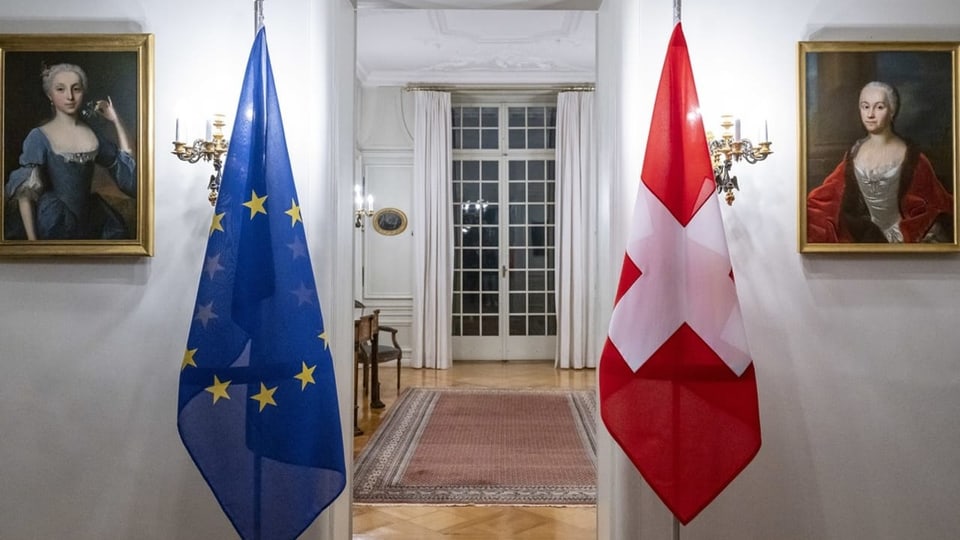The expense rules are a tricky nut in possible EU negotiations. Now various voices are being raised that this would work even without agreement. SRF domestic editor Matthias Strasse with the most important answers to the expense question.
What are the EU expenses rules about?
They are part of the upcoming negotiations with the EU. In principle, the higher wage levels in Switzerland should be protected. The special case of expenses is worth talking about because in the EU expenses are measured based on the place where employees come from. So someone from Poland only receives the price of a Polish hotel room for an overnight stay in Switzerland.
Why is this a bone of contention?
Trade unions and employers’ associations criticize that wage protection is not effective. Foreign companies with cheaper expense approaches would have a competitive advantage. The EU, for its part, insists on the rule because it is part of the law in the EU internal market, in which Switzerland also participates.
What do the experts suggest now?
The professors of European law, Christa Tobler (University of Basel) and Astrid Epiney (University of Freiburg), also suggest that Switzerland should negotiate an exception to expenses. If this does not succeed, it should take advantage of a contradiction in EU law. This provides for exceptions that Germany, among others, uses: In Germany, German expense rules always apply. According to Astrid Epiney, Switzerland could also apply the exception provision.

Legend:
Switzerland and the EU still disagree on expenses. (symbol image)
KEYSTONE/Peter Schneider
Professor Christa Tobler also suggested that Switzerland could simply break the rules. What would that mean?
That would be the last resort. Tobler argues that the expense rules contradict the EU’s own principle of wage protection: equal pay for equal work in the same place. Switzerland could therefore risk breaking the law and point out the contradiction in any arbitration proceedings. The possibility seems viable because the number of people who come to work in Switzerland with very low expenses is very small. The consequences for Switzerland would then be correspondingly small.
How would the EU react to a rule break?
Assuming that the expenses rules were still in force in the EU and the dispute resolution rules were applied as proposed, then the arbitration tribunal would come into play, which in this case would probably involve the European Court of Justice. If Switzerland were convicted, it could resist adapting the rules. Then the EU would have the right to take proportionate compensatory measures. But these would probably not be as painful as they have been in research so far.
What does all this mean for the negotiations with the EU that may be coming soon?
If a solution can be found to the expense issue, then above all it will mean that a fear often cited by the unions will be defused. They recently made intensive use of the expense issue to call for more wage protection. If there is a solution to the expenses, the unions will lose this important collateral in the domestic political dispute.
